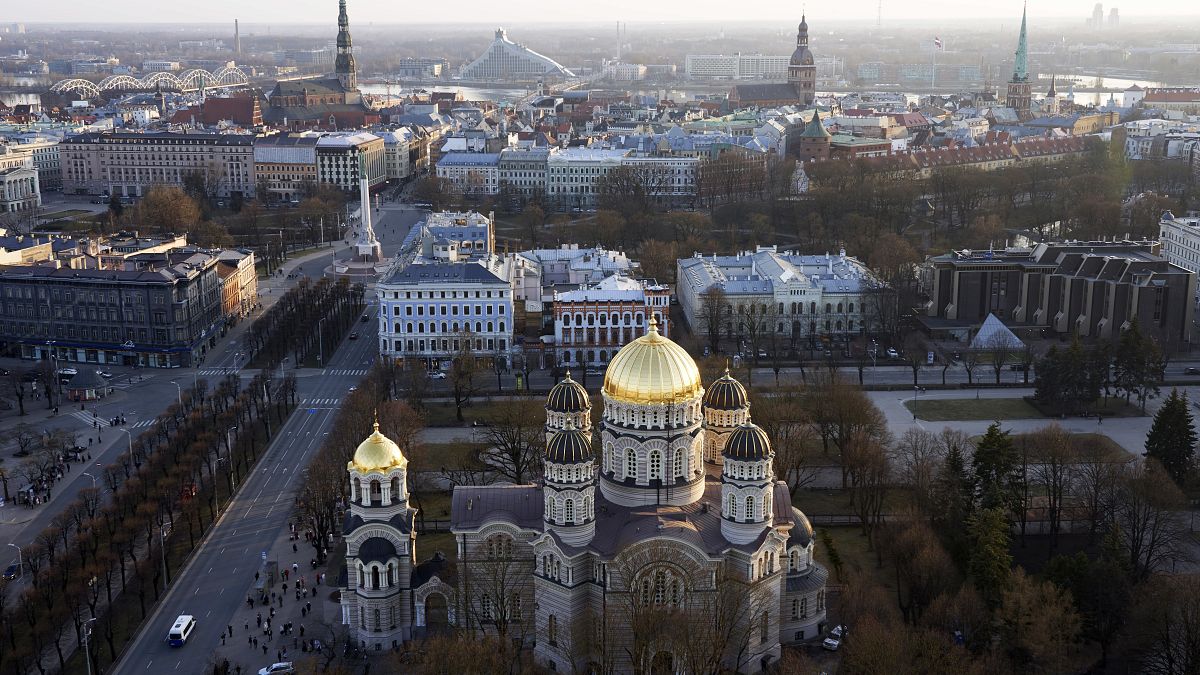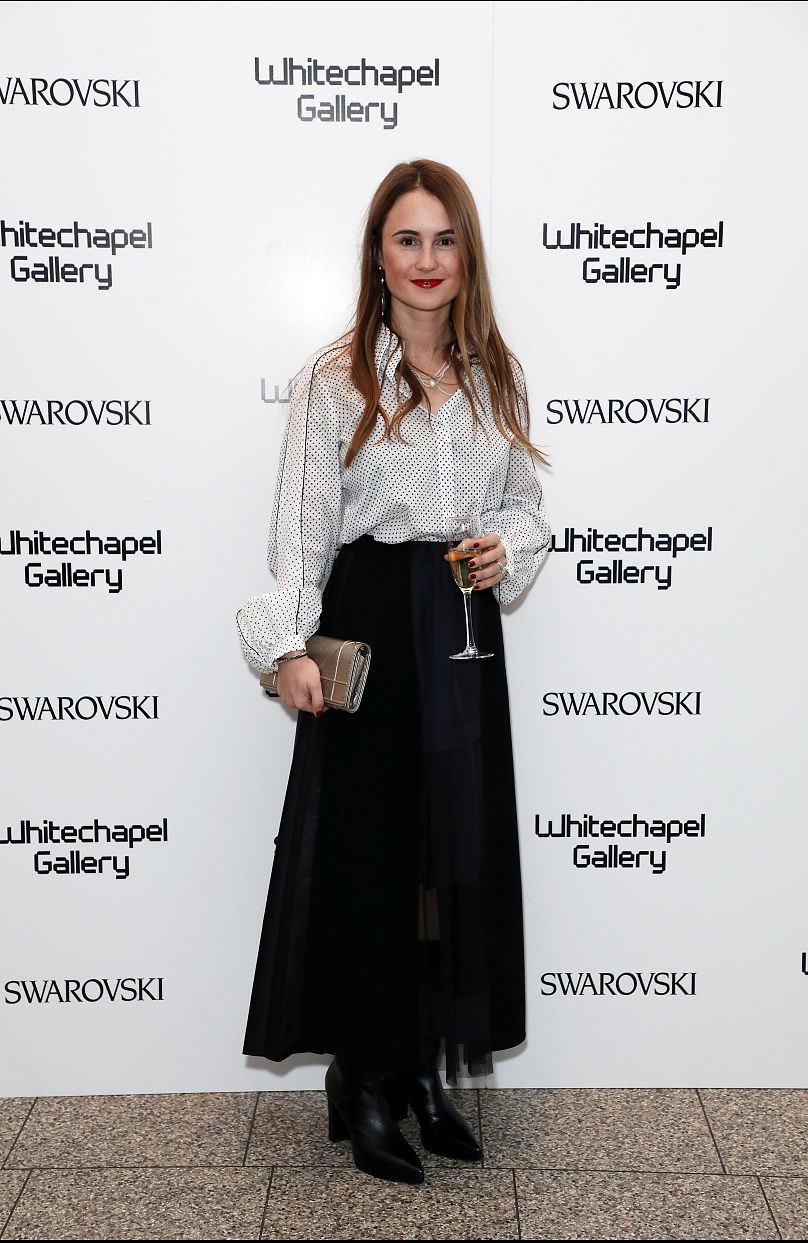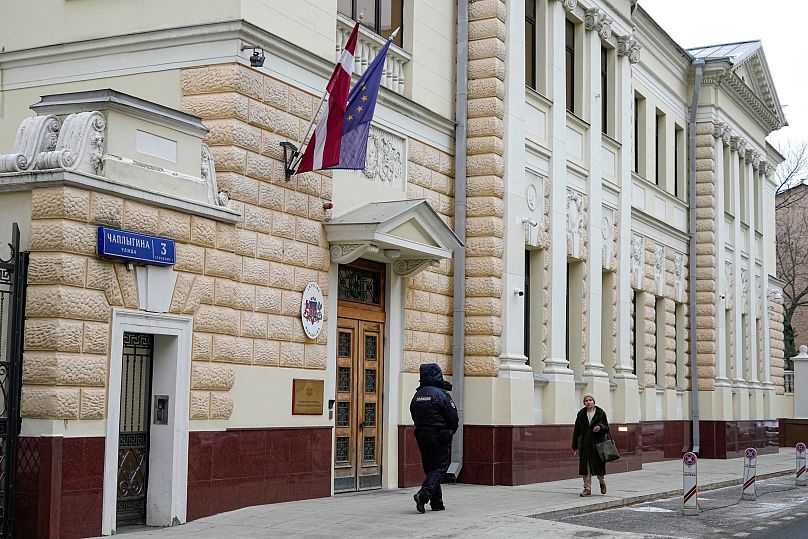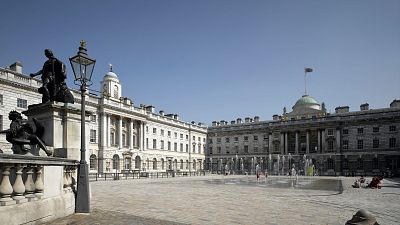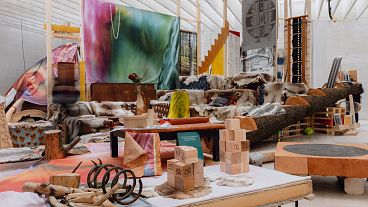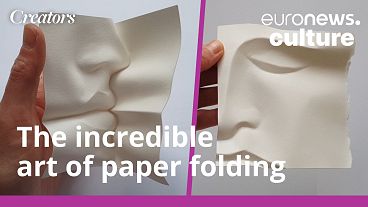The Riga International Biennial of Contemporary Art in Latvia was set to open in August after a year-long postponement.
The Riga International Biennial of Contemporary Art (RIBOCA), originally scheduled to open next month, has been cancelled due to its organisers' ties to Russia in light of the ongoing Russia-Ukraine conflict.
The decision comes after a year-long postponement and amid growing tensions between the two countries.
The cancellation of RIBOCA's third edition, set to kick off on 10 August, is rooted in the heritage of its executive members, which includes those of Russian, Lithuanian and Latvian backgrounds.
The Russian attack on Ukraine has reignited tensions related to Latvia's occupied past.
As a result, the organisers felt that the heritage of their executive members, particularly with regard to the Russian connection, had become too significant to overcome.
RIBOCA's founder, Agniya Mirgorodskaya, has both Russian and Lithuanian roots and had previously accepted philanthropic support from her father, Gennady Mirgorodsky, a Russian fishing tycoon.
The Russian backing of the Biennial has been a contentious issue within Latvia's artistic community, given the country's complex history with the Soviet regime.
Last year, RIBOCA had announced the postponement of its third edition due to the ongoing conflict in Ukraine.
The organisers expressed their solidarity with the victims of the war and condemned the Russian attack, emphasising the inconceivability of celebrating art and togetherness at a time of bitter conflict in Ukraine.
What would visitors have seen at the cancelled event?
RIBOCA’s main exhibition was supposed to feature more than 60 artists under the title ‘There is an Elephant in the Room’.
The artists, including notable names such as Alicja Kwade, Ayşe Erkmen, Richard Wentworth and Tamar Harpaz, were expected to create new commissions responding to Riga's social and political landscape.
Latvia, as a country bordering Russia, has experienced the impact of the conflict first-hand. In response, it has provided refuge to around 6,000 Ukrainian refugees, becoming a sanctuary for those fleeing the violence.
The war has caused the largest humanitarian crisis in Europe since World War II, with millions of people displaced within Ukraine and millions more seeking refuge in neighbouring countries.
The cancellation of RIBOCA raises questions about the role of art and biennials during times of war and conflict.
“We must reconsider the validity of the biennial format in times like these”, RIBOCA organisers said in 2021, expressing the need for discourse on how the art world and biennials can engage societies in such challenging periods.
At the time, they added: “What kind of platform for expression and exchange do artists, curators, and our society need?”
